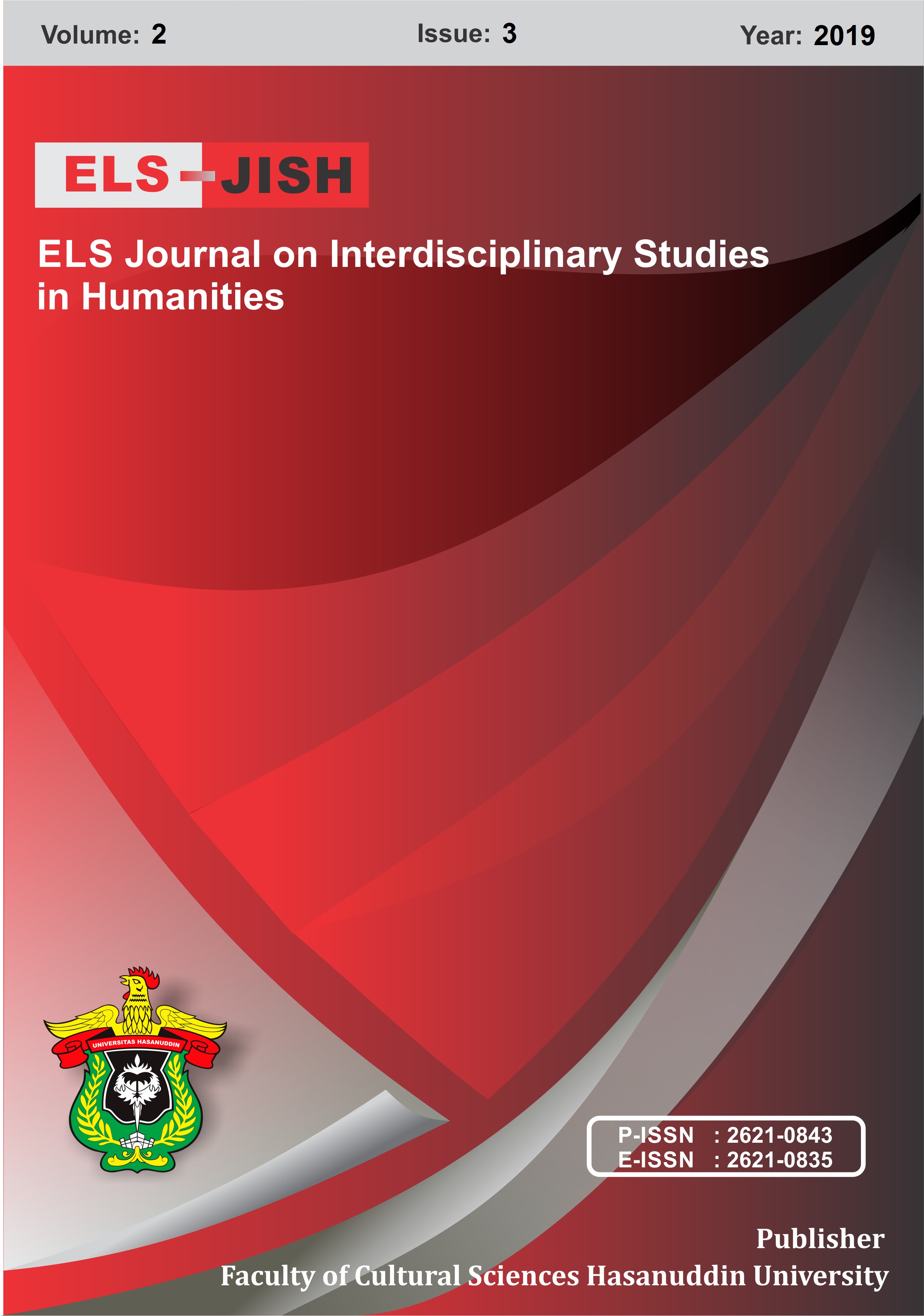Investigating the Implementation of Critical Literacy Approach in the Middle-East Education Contexts: Three Main Constraints
DOI:
https://doi.org/10.34050/els-jish.v2i3.7470Keywords:
Critical Literacy, Teaching Constraints, Middle-East EducationAbstract
Critical literacy, which is derived from critical pedagogy and critical thinking, is crucial for teachers and students to acquire throughout their education. According to critical literacy approach, students are not only expected to read and write different texts but are also required to challenge, synthesize, analyze, and go beyond these forms of skills analytically and critically. With regard to reviewing various literature, this approach is not implemented effectively in the Middle East education systems due to some main obstacles. This paper is aimed at reviewing different literature and case studies in order to grasp these pivotal constraints that students and teachers encounter while learning and teaching in Middle-Eastern educational settings. The main purpose of this article is to review critically the domination of education by politics and religion, the lack of communicative language teaching approach, and the exclusion of teachers from making decisions as to the major impediments of enacting critical literacy in the Middle-east contexts.Downloads
Published
2019-09-30
How to Cite
Rahimi Pordanjani, S., & Guntur, L. M. F. (2019). Investigating the Implementation of Critical Literacy Approach in the Middle-East Education Contexts: Three Main Constraints. ELS Journal on Interdisciplinary Studies in Humanities, 2(3), 410–418. https://doi.org/10.34050/els-jish.v2i3.7470
Issue
Section
Articles






